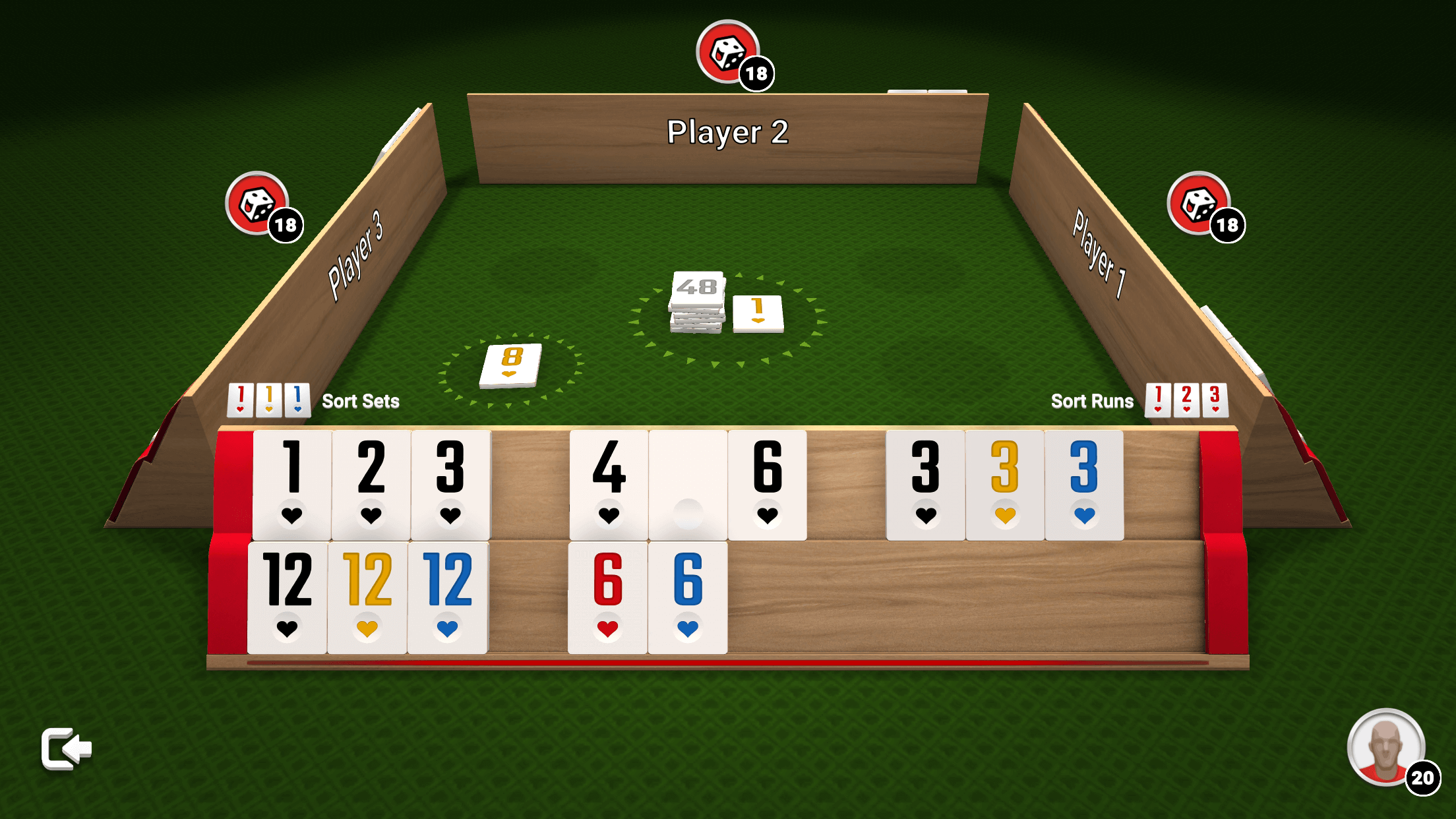Is It Okey Or Okay? The Ultimate Guide To Understanding This Common Spelling Debate
Have you ever found yourself scratching your head wondering whether to use "okey" or "okay"? You're not alone. This seemingly simple question has puzzled writers, editors, and even casual texters for years. The debate around "is it okey or okay" isn't just about grammar; it's a fascinating exploration of language evolution and cultural influence. Today, we’re diving deep into this topic to clear up any confusion once and for all.
If you’ve ever hesitated while typing a quick message or writing an important email, you know how frustrating it can be when words don’t come out exactly as you intend. But fear not! We're here to break down the differences between "okey" and "okay," explore their origins, and help you feel confident in your word choices moving forward.
Let’s face it—language is constantly changing, and sometimes those changes leave us questioning everything we thought we knew. By the end of this article, you’ll not only know the correct spelling but also understand why it matters. So buckle up, because we're about to get into some serious linguistic territory!
- Zach Wilson The Rising Star Of American Football
- Jamie Fraser Of Outlander A Journey Through Time And Love
What Does "Okay" Actually Mean?
Before we dive into the spelling debate, let's first clarify what "okay" actually means. At its core, "okay" is a word used to express agreement, approval, or acceptance. It's one of the most versatile terms in the English language, popping up in everything from casual conversations to formal documents.
Think about how often you hear someone say, "That's okay with me," or "Sounds okay." These phrases are so common that they’ve become second nature. But have you ever stopped to think about where "okay" came from? Its history is more interesting than you might imagine.
Where Did "Okay" Come From?
Believe it or not, the word "okay" has a rich and storied past. Most linguists agree that it originated in the United States during the early 19th century. One popular theory suggests that "okay" was derived from "Oll Korrect," a humorous misspelling of "all correct" that became trendy at the time.
- Unlocking The Magic Nicki Minajs Contribution In P Diddys Hello Good Morning Lyrics
- P Diddy Reads List A Journey Through Books That Inspire Success
Another fascinating theory ties "okay" to President Martin Van Buren's 1840 presidential campaign. Van Buren, who was from Kinderhook, New York, was nicknamed "Old Kinderhook." Supporters would rally behind the slogan "O.K.," which eventually entered mainstream usage.
Other Theories About the Origin of "Okay"
Of course, there are plenty of other theories floating around too. Some claim that "okay" comes from the Choctaw word "okeh," meaning "it is so." Others point to African languages like Wolof, where "waw-kay" roughly translates to "yes, indeed." Whatever the true origin, one thing is certain—"okay" has become a global phenomenon.
- Derived from "Oll Korrect" in the 1800s
- Connected to President Martin Van Buren's campaign
- Possible ties to Choctaw and African languages
Is "Okey" Ever Correct?
Now, let's address the elephant in the room: Is "okey" ever the right choice? The short answer is no—not in standard English. While "okey" may appear in informal settings or regional dialects, it's generally considered a misspelling. However, there are exceptions depending on context.
For example, in Turkish, "okey" is the correct spelling of the word. Similarly, in some slang or colloquial speech, people might use "okey" casually without realizing it's technically incorrect. Still, if you're aiming for proper English, stick with "okay."
Common Misconceptions About "Okey"
There are a few misconceptions surrounding "okey" that deserve clarification. First, some people assume it's just a British variation of "okay." Wrong! In fact, both the UK and US spell it the same way—"okay." Second, others think "okey" is acceptable in informal writing. While it might slip through occasionally, it's still not grammatically correct.
- Not a British variation
- Not acceptable in formal or informal writing
- Correct in Turkish, but not English
How to Use "Okay" Properly
Using "okay" correctly is easier than you might think. Here are a few tips to keep in mind:
- Stick to "okay" in all forms of writing
- Avoid abbreviating it unless necessary (e.g., "OK" or "O.K.")
- Be mindful of tone—sometimes "okay" can come off as neutral or indifferent
For instance, saying "That's okay" might imply mild acceptance, whereas "That sounds great!" conveys enthusiasm. Pay attention to the nuances of language to make sure your message lands the way you want it to.
Examples of "Okay" in Context
Here are a few examples to illustrate proper usage:
- "Is it okay if I bring a friend?"
- "Everything will be okay in the end."
- "Okay, let's get started!"
Can You Say "OK" Instead of "Okay"?
Absolutely! "OK" is simply a shortened version of "okay" and is perfectly acceptable in most contexts. In fact, it's often preferred in informal settings or when space is limited (like in text messages or social media posts).
That said, there are times when "okay" might be a better choice. For example, in formal writing or professional communication, spelling out "okay" can add a touch of formality. Ultimately, the decision comes down to your audience and the tone you're trying to convey.
When to Use "OK" vs. "Okay"
Here's a quick guide to help you decide:
- Use "OK" for casual or informal communication
- Use "okay" for formal or professional writing
- Choose whichever feels most natural for your audience
Why Does Spelling Matter?
At first glance, the difference between "okey" and "okay" might seem trivial. But spelling matters more than you might realize. Proper spelling helps establish credibility, ensures clarity, and avoids misunderstandings. Imagine sending an important email with a glaring spelling error—wouldn't that undermine your message?
Plus, in today's digital age, search engines like Google prioritize content that adheres to grammatical standards. If you're writing for an audience that values accuracy, getting the spelling right could mean the difference between success and failure.
The Impact of Spelling on SEO
Search engine optimization (SEO) plays a crucial role in how your content performs online. Using the correct spelling of "okay" instead of "okey" increases the likelihood that your content will rank higher in search results. After all, most people searching for this term will use the standard spelling.
Additionally, incorporating variations like "OK" or "O.K." can help capture a wider range of queries. Just remember to balance keyword usage with readability—no one likes reading content that feels forced or unnatural.
Final Thoughts: Is It Okey or Okay?
So, is it "okey" or "okay"? The answer is clear: "okay" is the correct spelling in standard English. While "okey" might crop up in informal settings or other languages, it's not grammatically correct in English. By sticking to "okay," you ensure your writing remains professional, accurate, and easy to understand.
Now that you know the difference, put your newfound knowledge to good use! Share this article with friends, leave a comment below, or check out our other posts for more language tips. Remember, mastering the basics of grammar and spelling is key to becoming a better communicator—whether you're writing an email, crafting a blog post, or just texting your bestie.
Table of Contents:
- What Does "Okay" Actually Mean?
- Where Did "Okay" Come From?
- Is "Okey" Ever Correct?
- How to Use "Okay" Properly
- Can You Say "OK" Instead of "Okay"?
- Why Does Spelling Matter?



Detail Author:
- Name : Pearline Becker
- Username : brett52
- Email : rudolph10@rippin.com
- Birthdate : 2001-11-14
- Address : 653 Etha Parks Suite 394 South Brookefurt, CT 61224
- Phone : 559-526-2629
- Company : Rau-Rogahn
- Job : Ship Mates
- Bio : Non quisquam quasi laboriosam. Soluta ut rerum iste omnis quas fuga. Et aut ab nemo dicta perspiciatis quia.
Socials
instagram:
- url : https://instagram.com/acarroll
- username : acarroll
- bio : Itaque sed sed sed fugit quia. Aut sint unde animi nostrum dolorum atque.
- followers : 1535
- following : 1681
twitter:
- url : https://twitter.com/akeemcarroll
- username : akeemcarroll
- bio : Nesciunt itaque omnis iste. Possimus molestiae aut et non. Et sequi aliquid aut ex. Enim atque sed est dicta. Aut voluptatem soluta in et voluptate aut.
- followers : 5856
- following : 620